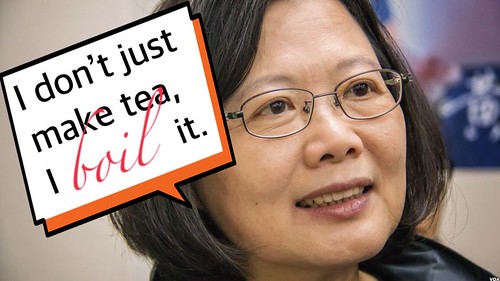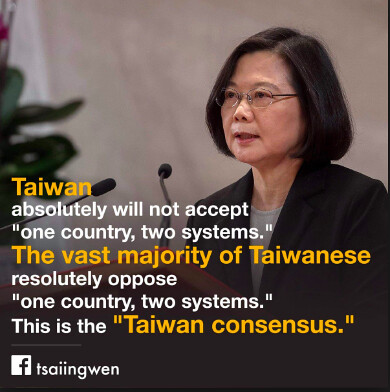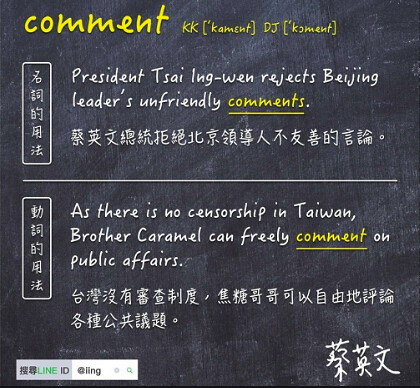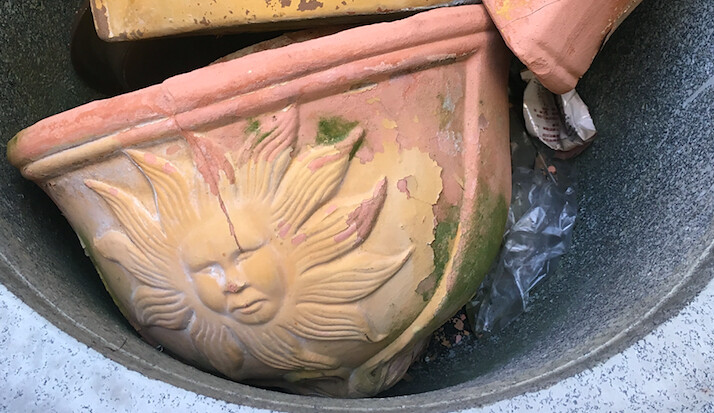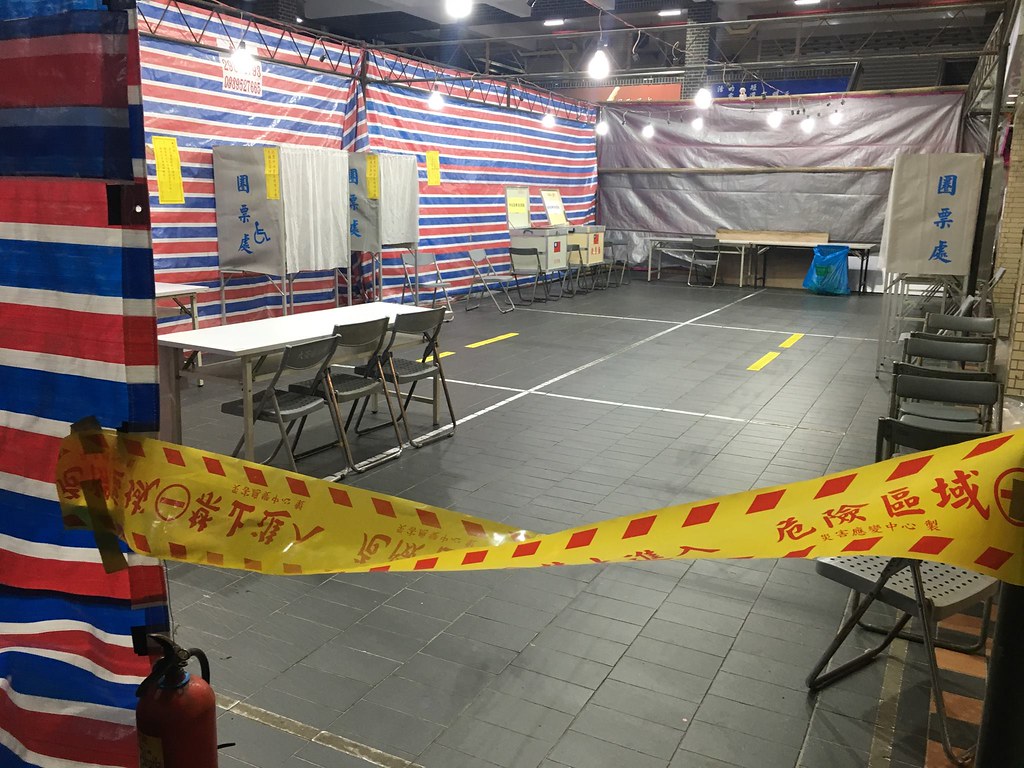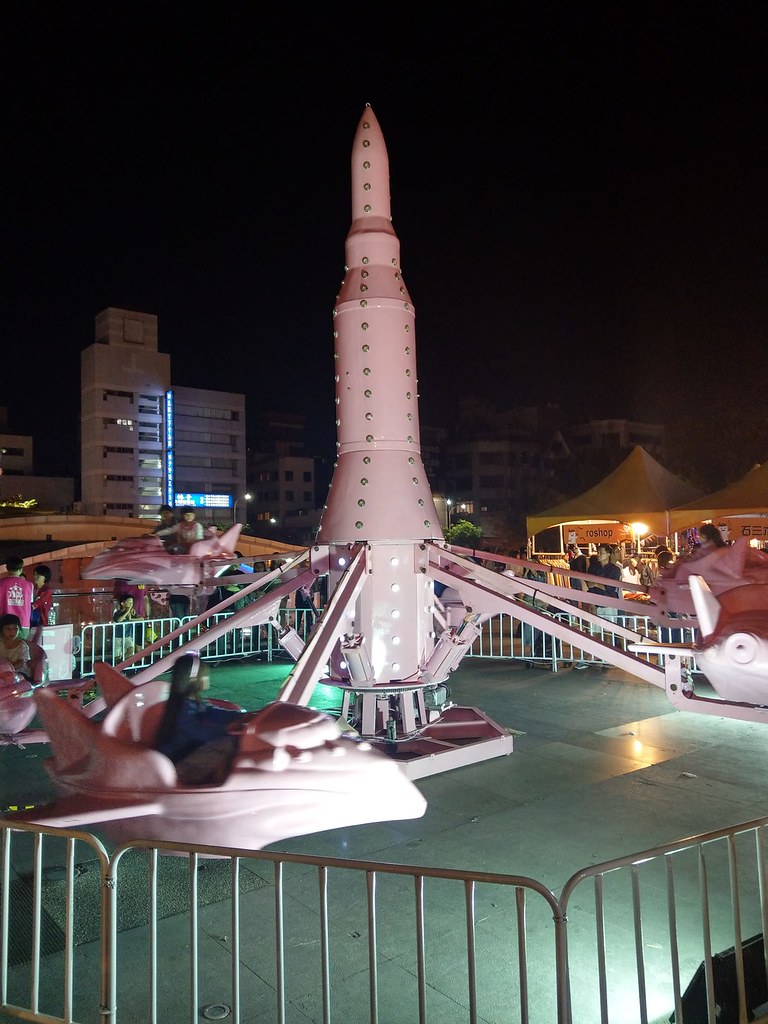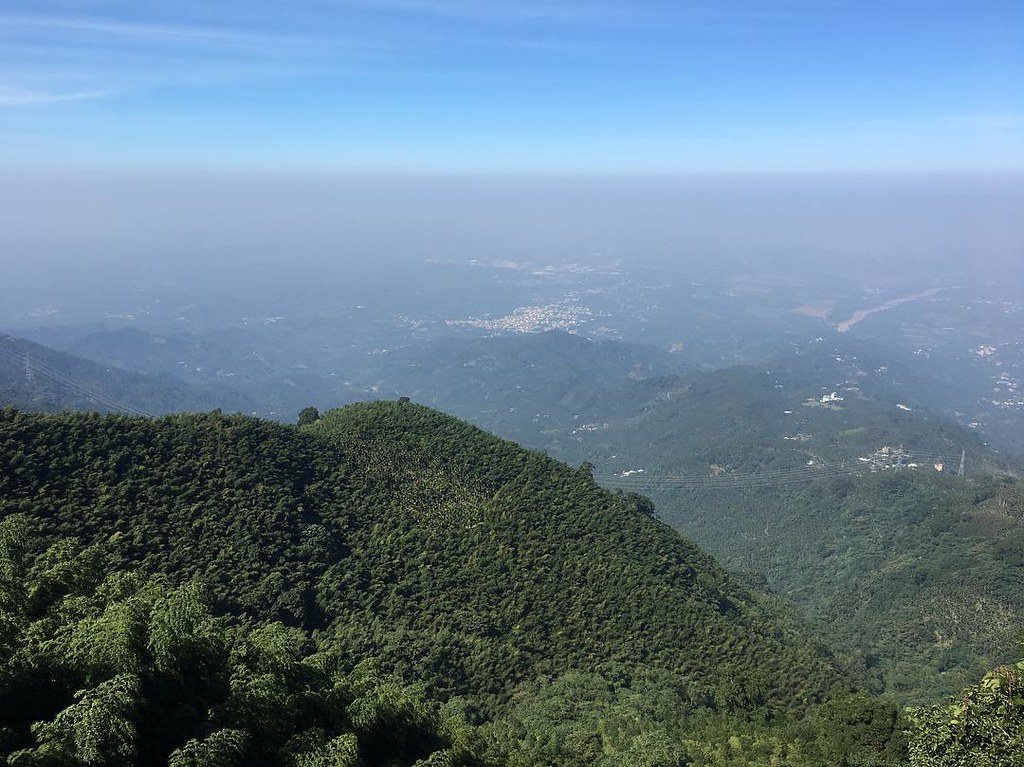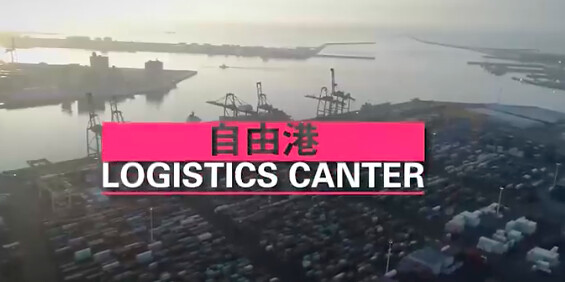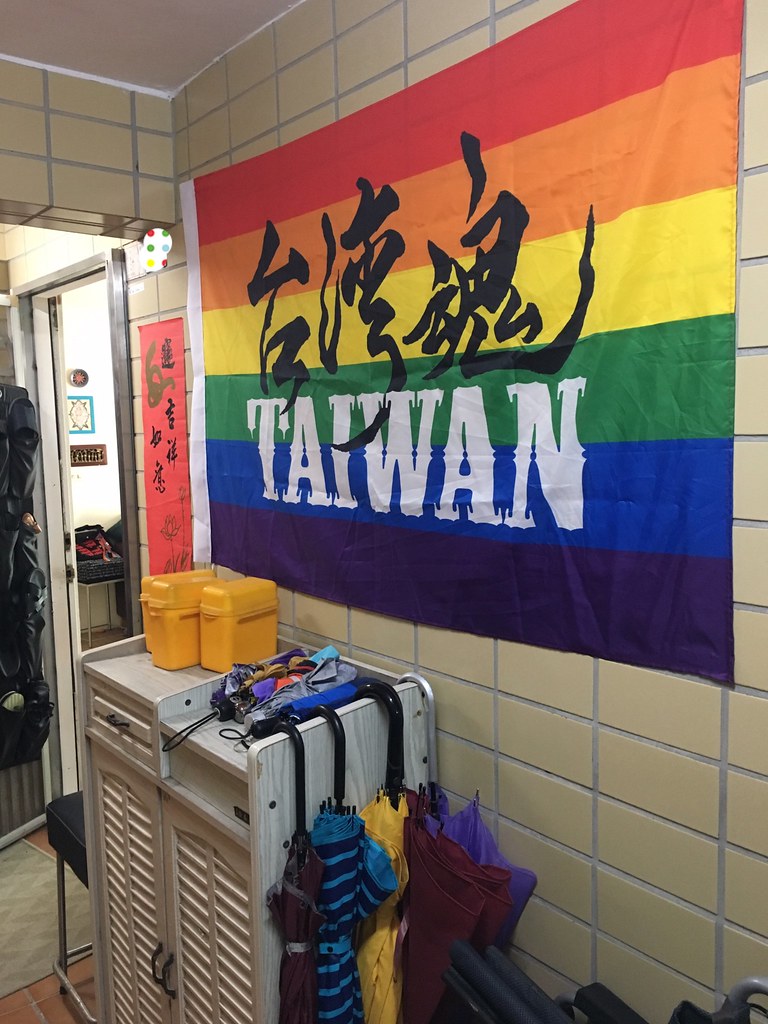
I want to address this to my friends - especially real-life friends outside Asia, but really anybody who cares even nominally about my well-being. I'd like you to read this with the thought in your head that every possibility described below could very well happen to me - this isn't some abstract thing that might affect people you don't know in a place that's far away. It's a very real thing that might affect someone you do know. Please consider that, and read on.
A massive demonstration took place in Hong Kong today to protest a proposed extradition treaty that would allow people facing criminal charges to be sent to Hong Kong, Macau and Taiwan for trial. Nobody is quite sure how many are in attendance but everyone agrees that it is at least several hundred thousand (well, the police don't, but they have a reputation for purposely under-reporting).
That may sound fine - boring, even. You might do a quick search and learn that Hong Kong already has extradition treaties with 20 other governments, so why not add these to the mix? Why would up to half a million people or more* take to the streets of Hong Kong Island to protest it, grinding much of the city to a halt?
Because, as this video from the Progressive Lawyers' Group in Hong Kong explains, there is simply no hope of a fair trial in China. The government decides whom it wants to convict, and throughout the sham trial their conviction is a foregone conclusion. Extradition treaties are based on the belief that the other country or territory will give the person a fair trial - and Hong Kongers would be right to have no such faith in China.
It's an even more troubling situation for Hong Kong, where the government is ostensibly partly elected, but in practice under the thumb of the CCP. They run their own Beijing-backed candidates; if too many pro-Hong Kong/anti-China candidates win seats in Hong Kong's legislative committee, they simply fabricate charges to get them kicked out of the government and in some cases put in jail.
If China decided that someone they wanted to punish, 'disappear' or sentence to death would not be adequately punished/disappeared/killed in Hong Kong, they could simply order the government they ultimately control to send that person to China - even if the alleged crime had not been committed in China. Even if whatever action the Chinese government wanted to punish was taken in a place where it was legal, such as Hong Kong or Taiwan. Then China could do what they liked with that person.
Don't believe me? Ask Lee Ming-che, who is currently serving a prison sentence in China despite having committed no crime (what he did took place in Taiwan, where such actions are quite legal - not China.) And he's not the only one.
Under such a system, Hong Kong would have the appearance of a semi-elected governing body and fair, independent judiciary tasked with upholding residents' and visitors' access to their legal and human rights, but in fact every last one of them would be ultimately subject to the much less fair and transparent Chinese legal system - as their extradition could be requested at any time. It would be very difficult to convince skeptics (and a complicit international media) that this is the case, because on paper, Hong Kong wouldn't have the same legal framework as China. In reality, the difference between them would not matter at all.
What does this have to do with me?
I go to China sometimes, and I know that I risk being detained over my criticisms of the CCP. It probably won't happen - there's an element of white privilege (although they have detained non-Asians), and the fact that I'm relatively obscure and will probably stay that way. They seem to be more reticent to detain US citizens. I write in English for an English-speaking audience on a platform blocked in China; my work isn't aimed at China or Chinese readers. But imagine that one day they do decide that I'm trouble, and need to be dealt with.
I'd probably be aware of that well before I tried to enter China, which at that point I might simply stop doing. Hong Kong, on the other hand, is supposed to be a place I can visit where I would still have some basic protections and access to human rights. Under this new extradition law, however, the Chinese government could order the Hong Kong government to send me to China for trial, despite having done nothing illegal in China itself - or anywhere else (nothing I write is illegal in Taiwan or, ostensibly, Hong Kong.)
Now imagine that Taiwan is forced to come under the same 'One Country Two Systems' framework as Hong Kong, either through some annexationist effort from China or Taiwanese blundering into electing a (potentially) a bought-and-paid-for stooge of the CCP groomed to run on a populist, "let's all get rich" platform with absolutely no substance or follow-through, but very attractive rhetoric that cuts right to some endorphin center in enough people's brains. That elected someone would sign over Taiwan's sovereignty for the right price, or no price at all.
China would insist that "One Country Two Systems" would allow Taiwan to keep its current political structure, but in practice everything that's happening in Hong Kong would start to happen here. Intentional flooding of immigrants from China who disrupt elections. Beijing-backed candidates running in races. Beijing-opposed candidates being kicked out of office on bogus charges until everyone in the "elected" Taiwanese government is sufficiently pro-China. The international media would play its same old fake neutrality card, claiming that perhaps this is problematic although the two places technically have different systems.
By then, the same extradition treaty they're forcing through in Hong Kong would be in force in Taiwan, as well.
And I wouldn't just be unsafe going to Hong Kong - I'd be unsafe in the country I call home. If this happens, every single thing I write on Lao Ren Cha could be the thing that lands me in a Chinese prison - despite living in a place that would seem to have its own democratic government and independent legal system. Both, however, would be irrelevant. China could simply tell the government it controls to "send her over", and that'd be that. For all intents and purposes, I'd be under the Chinese legal system.
You know I consider it a moral obligation not to keep my mouth shut about political injustice. How do you think that would go for me? I don't expect random readers to sympathize with the idea that Taiwan is my home and I don't have another one I can easily 'return' to, and I admit to the privilege of having that blue passport. But you guys - my actual friends and family - you know that this is my home and deciding to 'just leave' isn't so simple.
This obviously affects Taiwanese citizens even more - they'd be more unsafe than me, with fewer places to go. Please remember that. But, as I'm addressing my friends outside Asia right now, all of those people might seem like abstractions. They're unknown - a large population you have no connection with. Far away. You know me, though. You have a connection with me. This shouldn't be an abstraction. It could affect someone who is actually a part of your life.
I shouldn't have to put it this way - that millions of Taiwanese people would be at risk should be enough to scare you. It should be enough to care. But I'm aware that when talking about large groups of people you don't know from a far-away foreign country you've never visited, it's hard to apply that same level of individual human concern. I ask you to try - but if your brain just won't cooperate, make it personal. Think of me.
Don't like that? Well, let me show you how it's even worse.
I can't substantiate this, but the story flicking around Twitter is that shady pro-CCP groups offered to pay pretty decent sums of money to get a few hundred people to come out to support the extradition law, because they know it's so unpopular. If true, they are literally fabricating support for CCP initiatives to make it seem like this is some sort of controversial issue with many sides. It's not - Hong Kong residents are quite clearly opposed to it.
五毛藍絲中共狗找不到人出來遊行,加價到1800塊一天加一個盒飯。香港有骨氣的人,給一萬八、十八萬、一百八十萬買你子子孫孫後代的自由你肯嗎?輪流打爆這個電話,流氓政權無恥行為! pic.twitter.com/yPiI70BP66— HK-妮珂(新號) (@Hk60740379Hk) June 8, 2019
There is also word (as of when I am writing this) that police beatings are breaking out in Hong Kong.
Even sadder?
Despite the massive size of this protest - I don't think either side estimated that many people would turn out - this law will probably be passed, and Hong Kong will become just as unsafe as China for anyone who expresses opinions the CCP doesn't like.
In Taiwan, a protest this size might just be a wake-up call. Though its light is fading, the Sunflower Movement had a real effect here and its spirit lives on in some of us. In Hong Kong, this should be a clarion call to LegCo (the city's legislative body) not to pass this law - but LegCo is in the CCP's pocket, and the CCP doesn't care.
But hold on tight - if these protests continue, things could get tense in Hong Kong, in exactly the way they need to. It counts for something that people are standing and fighting. Don't stop.
And friends in far-flung places - please don't forget that this isn't an abstraction. It's not some boring legal battle going on in a place you don't know well, affecting people you don't care about on a personal level. However tangentially, it affects me. I know we all have a lot of competing issues battling for space in our hearts and minds, but it's worth your time to care about this.


